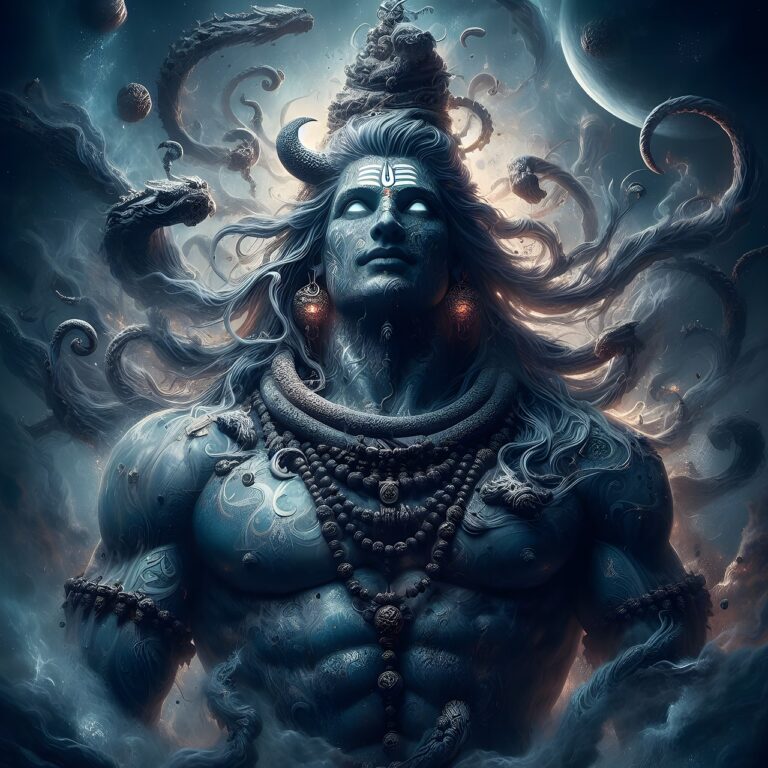Digital Distribution: Disrupting Traditional Entertainment Markets
Online streaming platforms have revolutionized the way people consume entertainment in recent years. With the convenience of accessing a vast library of movies, TV shows, and original content at the touch of a button, the appeal of traditional cable and physical media has significantly diminished. Streaming services offer a personalized viewing experience tailored to individual preferences, providing a wide range of genres and content for users to explore and enjoy.
The rise of online streaming platforms has not only changed how entertainment is consumed but has also reshaped the entertainment industry as a whole. With the increasing popularity of platforms like Netflix, Hulu, and Amazon Prime Video, content creators are now developing exclusive content specifically for these platforms, leading to fierce competition in the digital market. As more consumers cut the cord and opt for streaming services over traditional cable packages, the future of entertainment seems to be firmly centered around online streaming platforms.
Changing Consumer Behavior in Entertainment Consumption
In today’s fast-paced digital world, the way consumers engage with entertainment has undergone a significant transformation. With the rise of online streaming platforms such as Netflix, Amazon Prime, and Disney+, viewers now have access to an abundance of content at their fingertips. This shift in behavior is evident as more individuals opt for the convenience of streaming services over traditional methods of entertainment consumption.
Furthermore, the trend towards on-demand viewing has revolutionized the industry, allowing consumers to personalize their entertainment experience according to their preferences and schedules. Binge-watching entire seasons of shows or watching movies on the go has become the norm, indicating a departure from the linear, scheduled programming of traditional television. This change in consumer behavior has not only influenced how content is delivered but has also propelled the creation of original, exclusive content by streaming platforms to cater to evolving tastes and demands.
• Consumers now have access to a wide range of content with online streaming platforms
• On-demand viewing allows for personalized entertainment experiences
• Binge-watching and watching on the go has become common practice
• Streaming platforms are creating original, exclusive content to meet changing consumer demands
Impact of Digital Distribution on Physical Media Sales
Digital distribution has significantly transformed the landscape of the entertainment industry, presenting consumers with convenient alternatives to traditional physical media formats. With the emergence of online streaming platforms and digital downloads, audiences now have access to a vast array of content at their fingertips. This shift towards digital channels has inevitably impacted the sales of physical media such as DVDs, CDs, and vinyl records. As more consumers opt for the ease and immediate accessibility offered by digital distribution, the demand for physical media has experienced a noticeable decline in recent years.
The convenience of digital distribution has revolutionized how individuals consume and interact with entertainment content. Through online platforms, users can stream movies, TV shows, music, and games instantly, eliminating the need for physical copies. This shift in consumer behavior has had a direct effect on the sales of physical media, as many consumers now prefer the flexibility and portability of digital formats. As digital distribution continues to evolve and expand, the future of physical media sales remains uncertain, prompting industry stakeholders to adapt to this changing landscape to stay relevant in the market.
How has the rise of online streaming platforms affected physical media sales?
The convenience and variety offered by online streaming platforms have led to a decline in physical media sales, as consumers prefer to access content digitally.
How has consumer behavior in entertainment consumption changed in response to digital distribution?
Consumers are increasingly turning to digital distribution for their entertainment consumption, favoring the ease of access and portability that it offers over physical media.
What specific impacts has digital distribution had on physical media sales?
Digital distribution has significantly decreased the demand for physical media, leading to declining sales in formats such as DVDs and Blu-rays.
Are there any benefits to physical media sales in the face of digital distribution?
While digital distribution has dominated the market, physical media still holds appeal for certain consumers who value owning tangible copies of their favorite movies or music.
How have traditional retailers adapted to the shift towards digital distribution?
Traditional retailers have had to evolve their strategies to incorporate digital distribution into their business models, offering online sales and digital downloads in addition to physical media.







